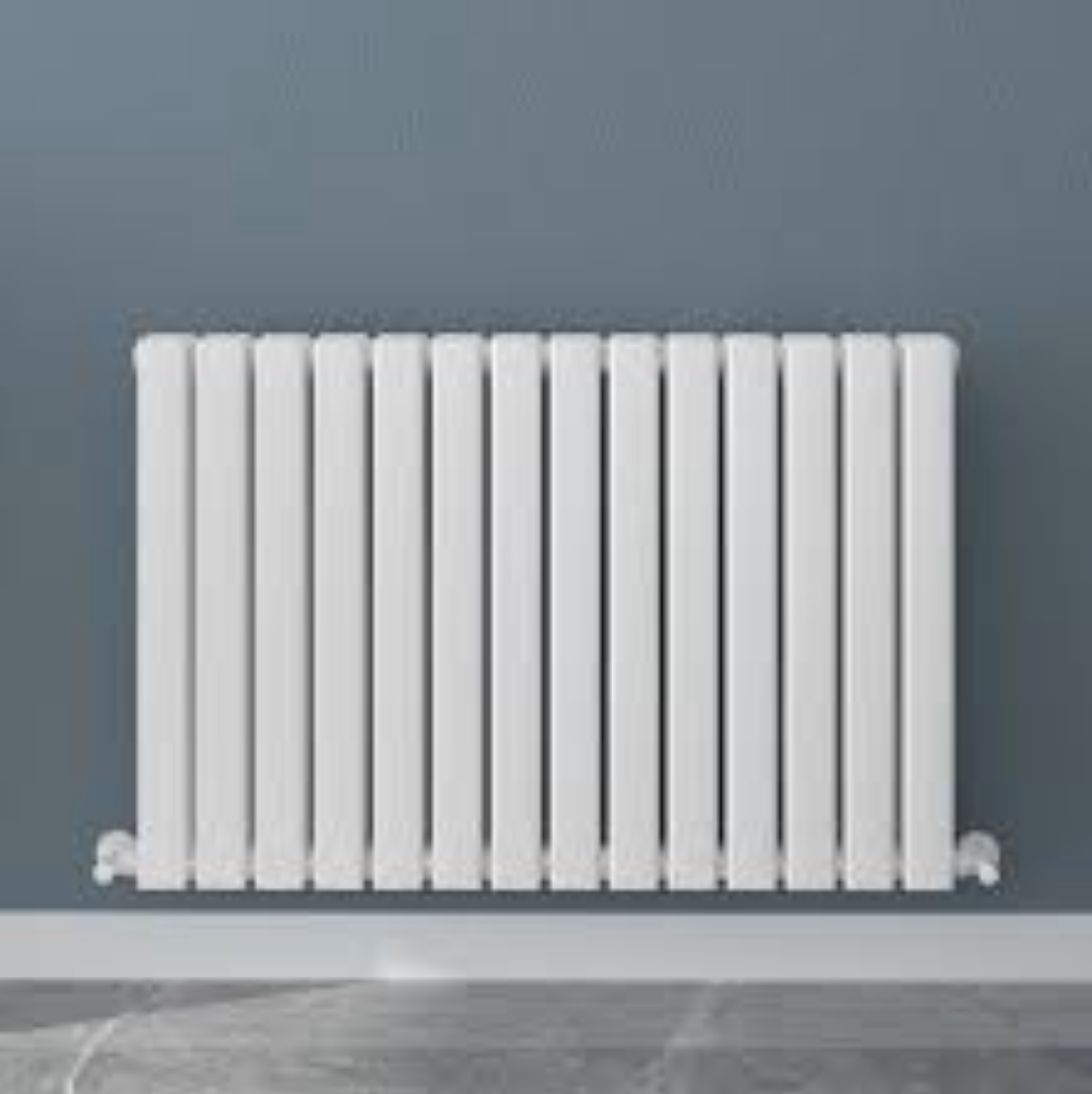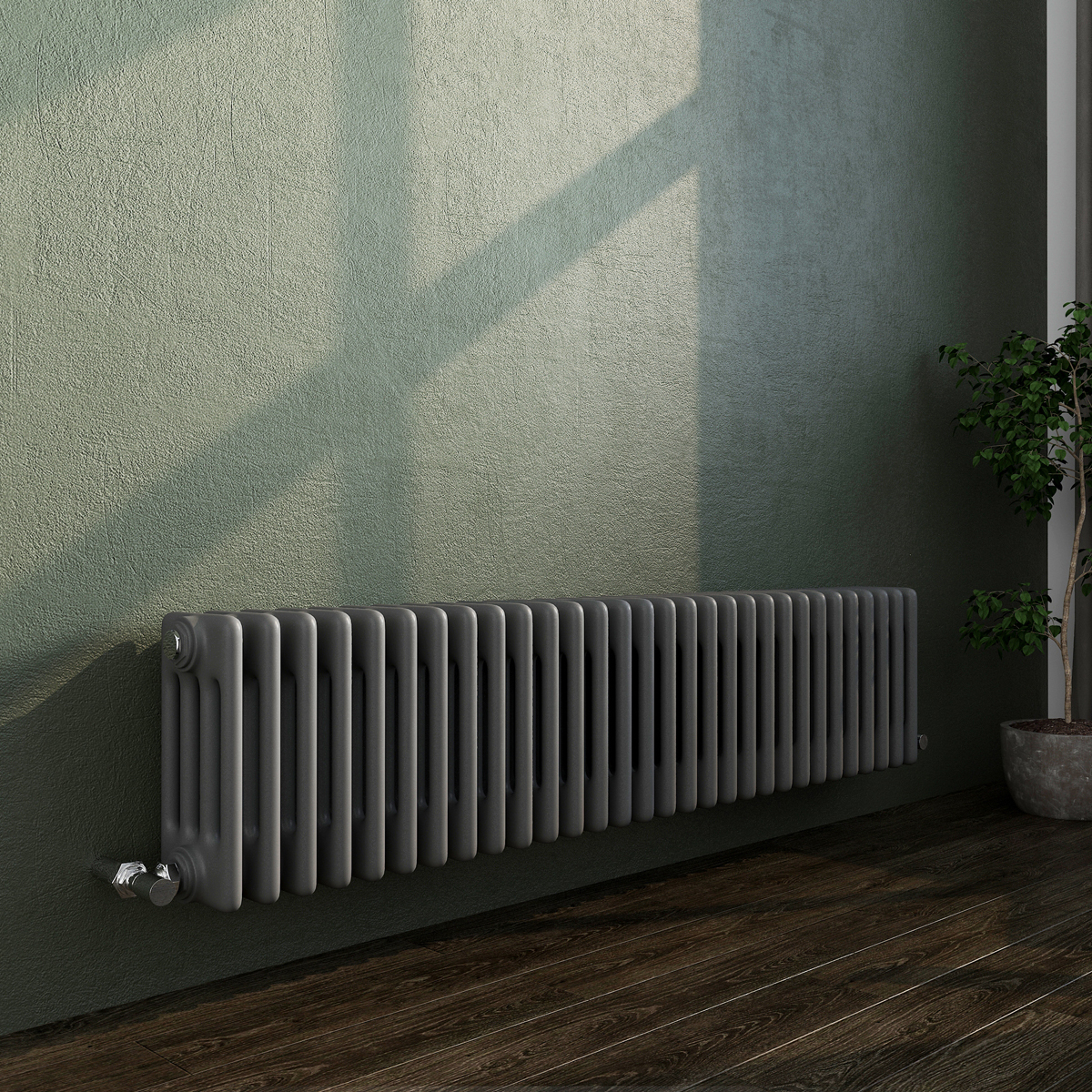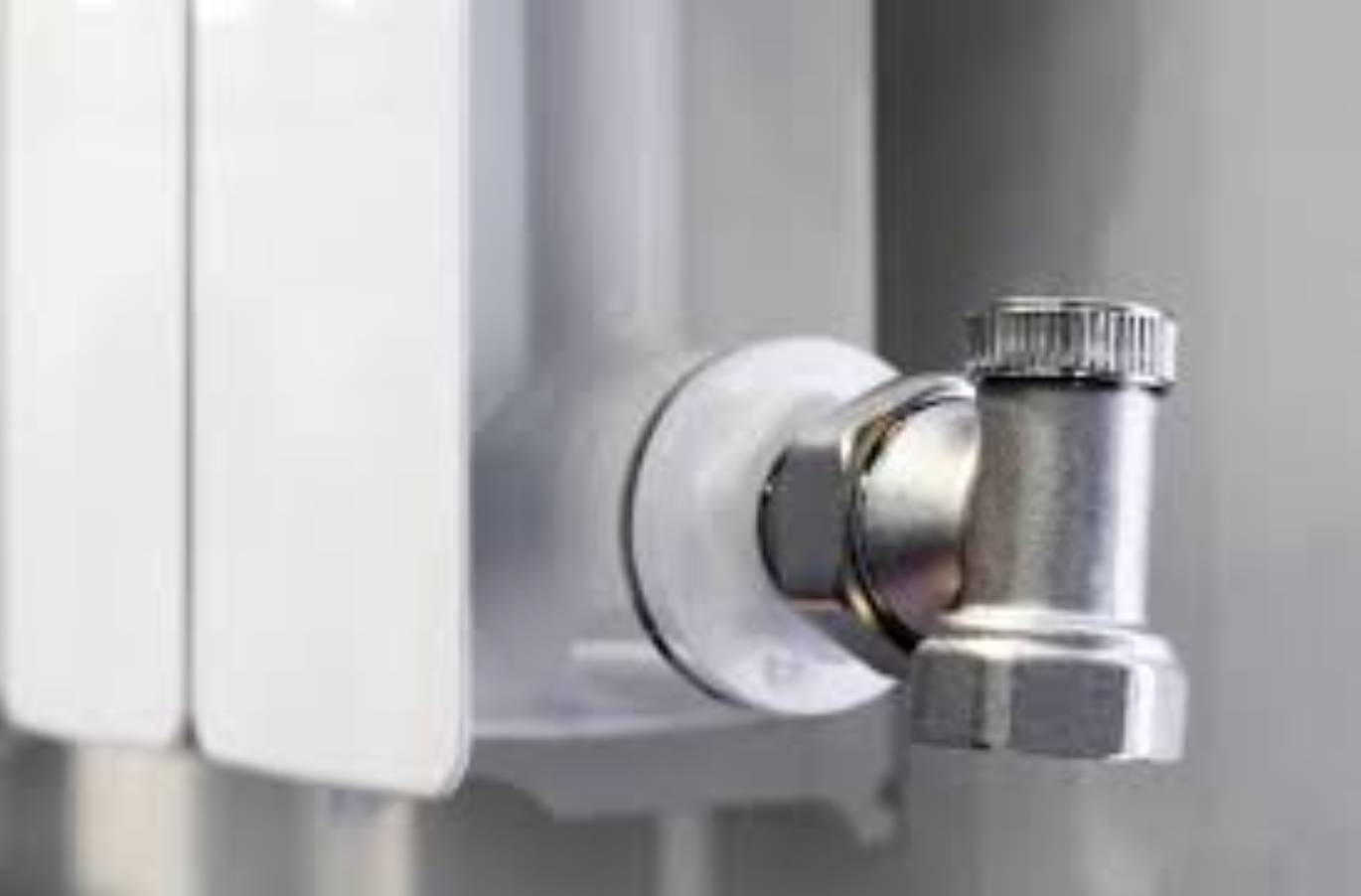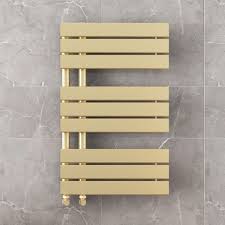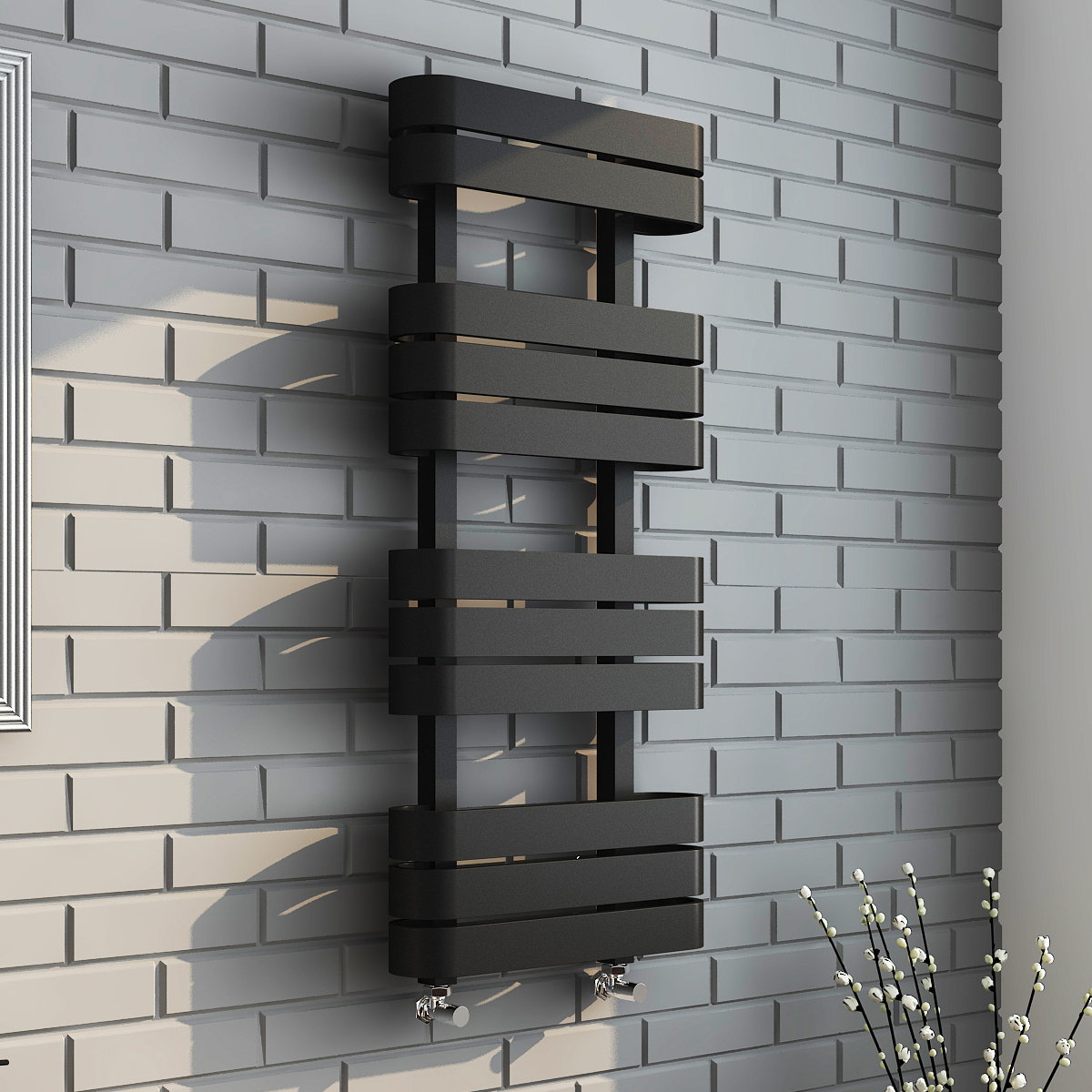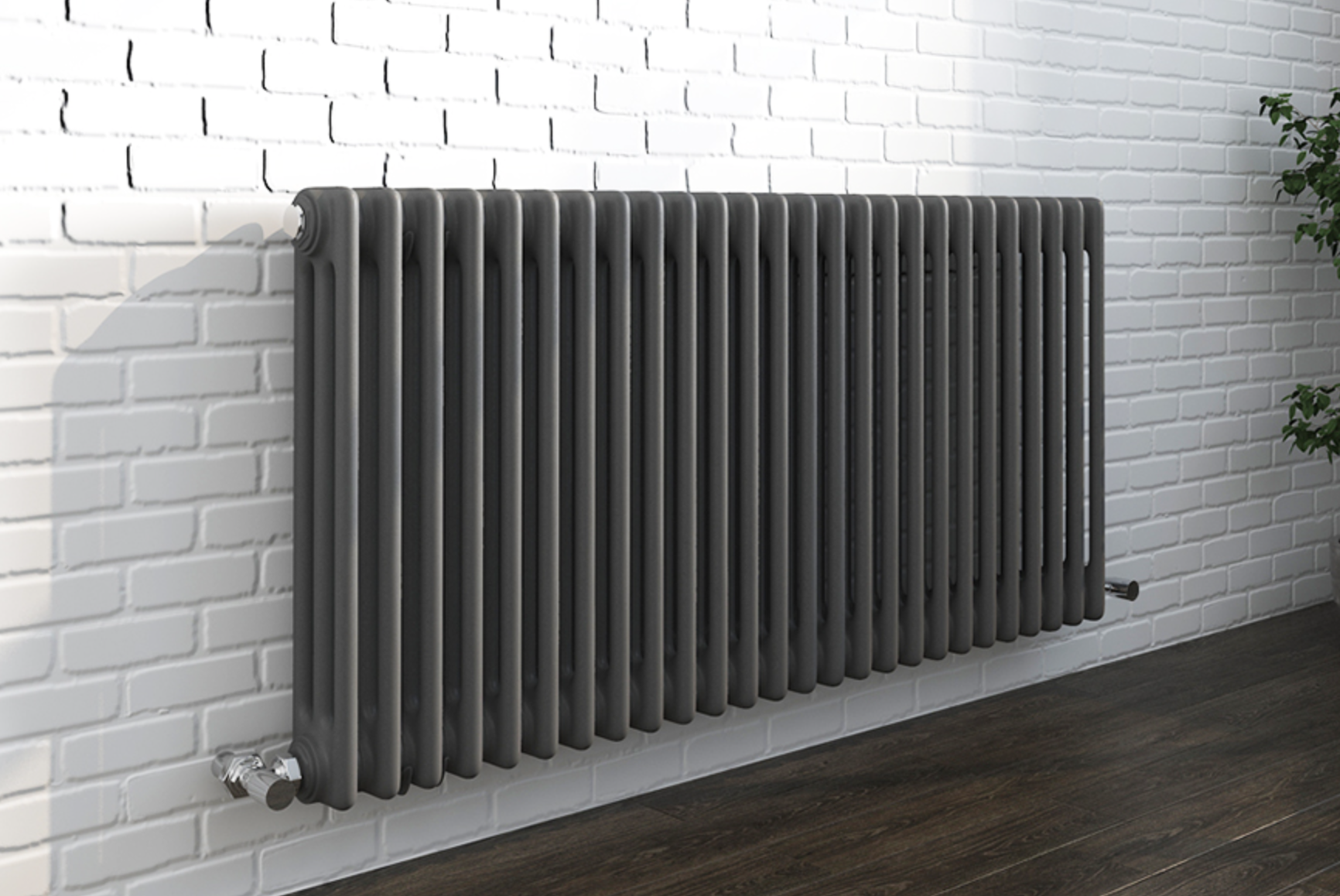Bleeding a radiator is an important part of maintaining your home’s central heating system because it allows you to release trapped air that may be causing uneven heating. If your radiator is not working efficiently, chances are you are incurring utility bills that do not justify the degree of warmth and comfort you are getting. The frequency with which you bleed your radiators can significantly impact the efficiency and longevity of your home’s central heating system. This is why it is important to know when you should bleed your radiators before you start looking for places to buy radiators online.
While there are many reasons why your home’s heating system is not working efficiently, bleeding a radiator will allow you to fix any cold spots by allowing an even flow of hot water. Bleeding a radiator can also help you fix small leaks and corrosion, which happen inside the pipe when there are blockages.
Common Signs That your radiator needs bleeding
If you want to know when you should bleed your radiators, here are some signs that your radiator is not performing efficiently and is in dire need of maintenance:
Cold Spots:
One of the most common signs that your radiator needs bleeding is uneven heating, leading to some rooms feeling colder than others.
Noisy Radiators:
If you notice gurgling or hissing sounds coming from your radiator, it is a sign that there is air trapped inside. This is a sure sign that your radiator needs bleeding.
Slow Heating:
Sometimes the issue isn’t cold spots but the time it takes for your radiator to heat up. This may be a sign that the flow of hot water is obstructed, causing slow heating. Bleeding the radiator can help release the air pocket in the pipes that may be causing this.
Higher Energy Bills:
If your radiator is not working efficiently, it can be a sign of trapped air, which in turn is causing your utility bills to soar.
When Should You Bleed Radiators
Now that we have established how important it is to bleed radiators, you might be wondering when is a good time to bleed radiators. It is important to remember that bleeding the radiator is part of the maintenance routine. If you have a radiator in your home, it is your responsibility to conduct routine checkups. This allows you to identify issues such as slow heating and leaks before they escalate. When should you bleed a radiator? Here are some of the best times:
Before Winter:
Your annual reminder to bleed the radiator is when the kids start going back to school. This is when the heat of the summer has settled but it is not cold yet. This gives you the opportunity to address the trapped air that may have accumulated in the past few months. Bleeding the radiator will allow you to have a comfortable home throughout winter.
As Part of Maintenance:
A great time to bleed the radiator is after a maintenance session or any major repairs. This allows the heating system to work efficiently, and you can also tell if any work you got done actually made a difference.
How to Bleed a Radiator
If you think your radiator has not been working as efficiently as it once did, it may be time to bleed the radiator. Here is a step-by-step guide to help you bleed the radiator properly if you were wondering “when bleeding a radiator where should you start?”
Tools and Equipment
Before you start any maintenance work or repairs, you will need to gather all the tools and equipment you need to bleed the radiators. You will need a radiator key or a flathead screwdriver to open the bleed valve. You will also need a cloth or a towel to catch any water or soak up any spills. Keeping a bucket or a container nearby to collect any drips will also minimize the amount of cleaning you have to do afterward. And because you are dealing with a hot water radiator, gloves add an extra level of protection. A common question that most people ask is “should you bleed a radiator hot or cold?” Cold is the way to go.
Preparation Steps
The next step in the preparation process is to turn off the heating system. The radiator needs to cool down so that you can touch it. You might also want to locate the bleed valve on the radiator and turn it on by either using a radiator key or a flathead screwdriver. Placing a cloth or towel around can allow you to catch any leaks or drips without damaging the floor or furniture nearby.
Bleeding Process
Now that you have prepared the space for bleeding the radiator, it is time to start. After you have turned the bleed valve, you will now have to release the air from the radiator. This will make a hissing sound, and in some cases, you might experience some dripping as well. So if you saw some dripping and you were wondering “should water come out when you bleed a radiator?” The answer is yes! It is time to turn off the valve once water starts to flow. You should close the valve by turning it clockwise and make sure not to over-tighten it.
Post-Bleeding Checks
Once you have successfully bled the radiator, you will need to check the radiator for leaks. If there are no leaks, you have nothing to worry about. You should turn the heat back on to see how the radiator is performing and if there is an even flow of heat throughout the room. You can also check the boiler pressure to be sure that the system is working efficiently overall. In some cases, bleeding the radiator may cause a drop in the overall system pressure. Lastly, we recommend monitoring the performance of the radiator for a few days to ensure that everything is working fine.
Is It Time for a Change?
It is important to know when to bleed the radiators to ensure that there are no cold spots or noises. But if you have experienced uneven heating despite maintenance and regular bleeding, there might be more to it. Radiators have a 15-20 year lifespan, and if your radiator is older than that, it might be time to buy a radiator online. Thankfully, Chelsea Supplies has a wide selection available on their website for you.

